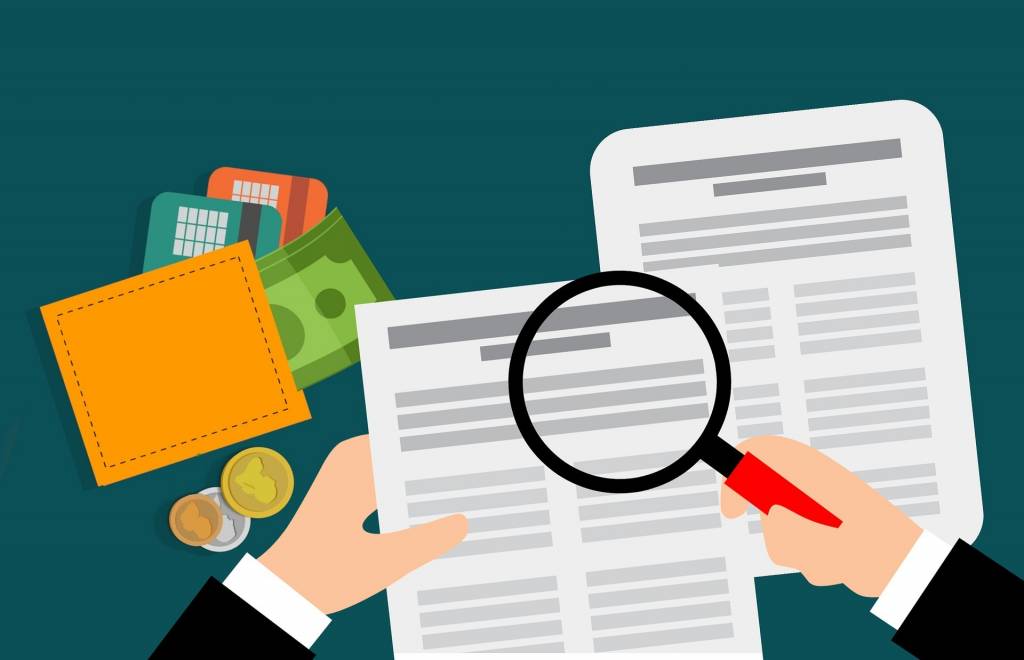Getting older is a natural part of life. However, as we age, we need to ensure that our health & financial needs are met appropriately. An Illness, injury, or any number of forms of dementia may require us to seek other individuals’ help with everyday tasks and decision-making. This period is exceptionally stressful and should be planned for well in advance.
Store your important documents in a secure location where a trusted family member or designee can access them when necessary. We must obtain critical documents while we are of sound mind and capable of making informed decisions. Here are a few ideas for you to consider:

Health-Related Documents
Healthcare decisions are stressful for family members when they do not know what our wishes are. It is up to us to plan and let others know before we possibly become incapacitated. This allows our loved ones to act in our best interest, knowing they are following our directives. Here are a few recommended documents:
- Letter of Competency: This is a statement from your doctor certifying that you are competent to make decisions regarding your health, finances, and estate.
- HIPAA Authorization Form: This form allows covered entities to share protected health information.
- Durable Power of Attorney: This document designates who will be allowed to make medical or financial decisions on your behalf if you cannot make them yourself.
- Living Will: This document states what life-prolonging medical treatments you want performed and for how long.
- Health Insurance Policies: HMOs, PPOs, EPOs, POSs, Etc., all have specific criteria that need to be met to allow for reimbursement of medical expenses.
- Emergency Information: A list of contacts to call in case of an emergency and procedures for any natural disaster.
It is highly recommended to work with a financial planner not only for investment purposes but to maintain all of your financial information in one place. Look at the list below and ensure you have everything available for the agent you designate as your Power of Attorney.

Financial Documents
- All Bank Accounts: Checking and savings.
- Brokerage Accounts: 401k, 403b, IRA, & REIT.
- Pension Plans.
- Insurance Policies: Health, Life, Long-Term Care.
- Safety Deposit Box.
- Property Deeds.
- Title/Registration of all Vehicles.
- Recurring Bills: How are these being paid? From what accounts?
- Most Recent Income Tax Return
Other Important Documents to Consider
- Legal Records: Marriage License, Birth Certificates, Military Records, Divorce Decrees.
- Pre-Planned Funeral/Cremation/Memorial directives.
- Attorney information
- Will: This document designates where your assets go, names guardians for dependents and pets, and specifies final arrangements.
- Revocable Trust: This document is similar to a will, but allows for increased management of your assets if you become disabled, and gives you more control on how your assets are distributed. The document simplifies or may eliminate the probate process
The more organized you and your family are the easier it will be during an emergency or end of life care situation. It is important to inform your loved ones of your wishes and where they can find all of your important documents. These are difficult conversations to have but are vital to ensure your wishes are followed.
Learn more about how non-medical in-home care can improve your quality of life. Contact Better Healthcare, LLC today.
“The information in this article is a brief overview of what a person may need on this particular issue. It should not be considered for legal purposes or advice because every situation is unique. You should only rely upon legal advice from a licensed professional attorney who has evaluated your specific legal matter.”
Sources:
https://www.davidfolkenfliklaw.com/how-to-secure-medical-poa-in-florida
https://www.floridabar.org/public/consumer/pamphlet13/
https://www.johnhancock.com/ideas-insights/will-vs-living-trust.html

